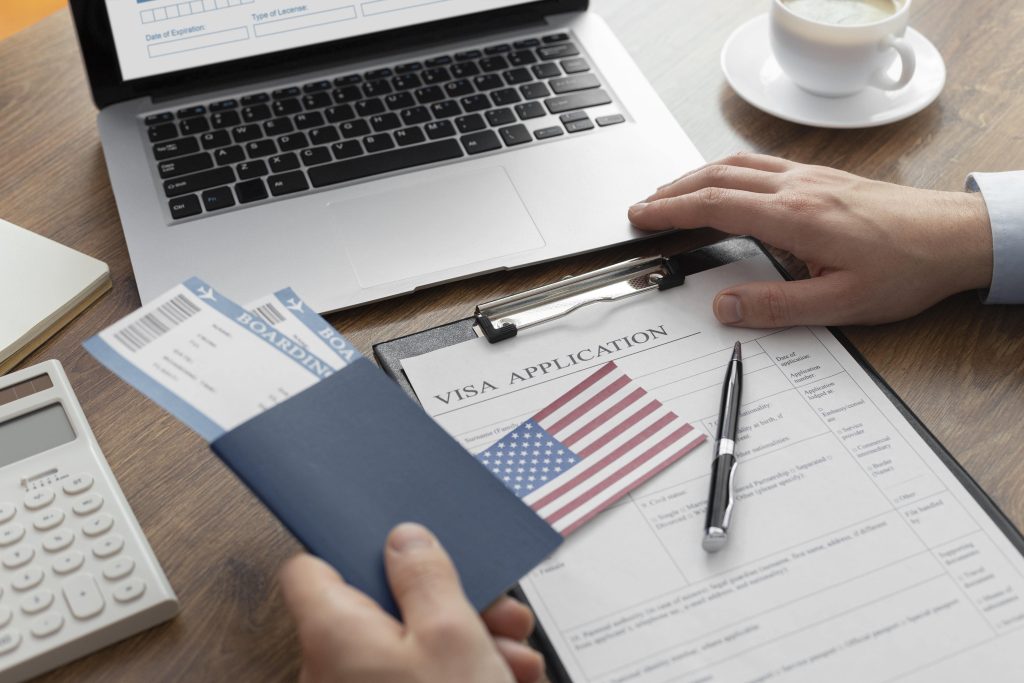Can You Travel Internationally with a Criminal Record?

What Washington Residents Should Know Before Leaving the Country
A criminal conviction can follow you long after the case is closed—especially when it comes to international travel. If you’ve been convicted of a misdemeanor or felony in Washington, you may be wondering: Can I leave the country? Will other nations let me in? Could I be denied a passport?
The answer depends on several factors, including the nature of the offense, the country you wish to visit, and the terms of your sentence or probation. Below, we break down the key legal and practical issues you should consider before planning any international trip post-conviction.
Can You Get a U.S. Passport with a Criminal Record?
In most cases, yes—a U.S. citizen with a criminal record can still obtain or renew a passport. The U.S. State Department cannot deny you a passport based solely on a criminal conviction, unless:
- You have been convicted of certain federal drug trafficking offenses (involving international borders) and are still serving your sentence.
- You currently owe more than $2,500 in child support.
- You are under a federal arrest warrant or subpoena, or a court order preventing travel.
Outside of these exceptions, criminal history generally does not bar passport issuance. However, possessing a passport does not guarantee you’ll be allowed into another country.
Can You Leave the United States While on Probation or Parole?
If you are currently on probation, parole, or supervised release, you will likely need explicit permission from the court or supervising officer to travel outside the United States. Leaving without approval could violate the terms of your release and result in serious consequences—including revocation of probation or re-incarceration.
For clients in Washington, courts may allow international travel for certain reasons (family emergencies, work, etc.), but such requests must be properly filed and approved in advance.
Can Other Countries Deny You Entry Based on Your Record?
Yes. While the United States may let you leave, other countries have the right to deny you entry based on your criminal history. Each nation has its own immigration and border policies. Some countries are more restrictive than others. Examples include:
Canada
Canada is known for having strict policies regarding criminal records. Even a DUI conviction may make you “criminally inadmissible.”
However, options like rehabilitation applications, temporary resident permits, or waiting periods may allow entry.
Mexico
Entry to Mexico may be denied for serious crimes (e.g., violent offenses, drug trafficking), but enforcement is inconsistent.
European Union
Most EU countries do not conduct criminal background checks at the border for U.S. tourists, unless the offense involved serious security threats or immigration violations. However, new systems like ETIAS (coming soon) may increase scrutiny.
Australia and New Zealand
These countries require visitors to declare criminal convictions. Entry may be denied for certain offenses, particularly those with sentences exceeding 12 months.
Always check with the embassy or consulate of the country you plan to visit before making travel arrangements.
What If You Expunged or Vacated Your Conviction?
In Washington, some criminal convictions—especially misdemeanors and certain felonies—can be vacated under RCW 9.94A.640 or other applicable statutes. If your conviction has been vacated:
- It may no longer appear on background checks.
- You can legally state you have not been convicted of that offense (with exceptions).
- It may improve your chances of international entry, especially in countries like Canada.
However, vacated records may still appear in certain federal or international databases. When possible, carry proof of court orders showing the conviction was vacated or sealed.
Practical Tips Before You Travel
If you have a criminal record and plan to travel internationally:
- Apply early for your passport, especially if you’ve never had one.
- Check visa requirements and criminal admissibility rules for each destination.
- Be honest on visa applications. Providing false information may lead to denial or permanent bans.
- Consult the country’s consulate or embassy if you’re unsure about eligibility.
- Carry court documents showing probation completion or case dismissal if relevant.
Speak to a Washington Criminal Defense Attorney Before You Travel
If you’re unsure how your criminal record affects your ability to travel, or if you’re seeking to vacate an eligible conviction in Washington, the Law Office of Erin Bradley McAleer can help. We assist clients in clearing their records, securing legal travel approvals, and protecting their rights at every stage.
Located in Vancouver and serving all of Clark County, we provide trusted legal counsel to help you move forward with confidence. Contact us today for a consultation.